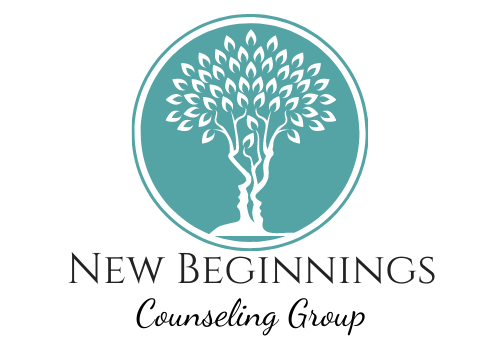What is the “Gottman Method” in Couples Therapy?
The Gottman Method is an approach to couples therapy that includes a thorough assessment of the couple relationship and integrates research-based interventions based on the Sound Relationship House Theory. Each of our clinicians have had specialized training in Gottman Couples Therapy (Level 1).
Couples who enter into Gottman Method Couples Therapy begin with an assessment process that then informs the therapeutic framework and intervention.
Assessment
A conjoint session, followed by individual interviews with each partner are conducted. Couples complete questionnaires and then receive detailed feedback on their relationship.
Therapeutic Interventions
Interventions are designed to help couples strengthen their relationships in three primary areas: friendship, conflict management, and creation of shared meaning. Couples learn to replace negative conflict patterns with positive interactions and to repair past hurts.
Some of the relationship issues that may be addressed in therapy include:
- Frequent conflict and arguments
- Poor communication
- Emotionally distanced couples on the verge of separation
- Specific problems such as sexual difficulties, infidelity, money, and parenting
Who Can Benefit from the Gottman Method?
In his New York Times bestselling book The Seven Principles for Making Marriage Work, Dr. John Gottman writes, “Although you may feel your situation is unique, we have found that all marital conflicts fall into two categories: Either they can be resolved, or they are perpetual, which means they will be part of your lives forever, in some form or another.” Gottman says that 69% of marital conflicts are perpetual problems, and these are of particular focus in much of the work performed by Gottman-trained therapists.
Interventions are designed to increase closeness and intimacy are used to improve friendship, deepen emotional connection, and create changes which enhances the couples shared goals. Relapse prevention is also addressed.


